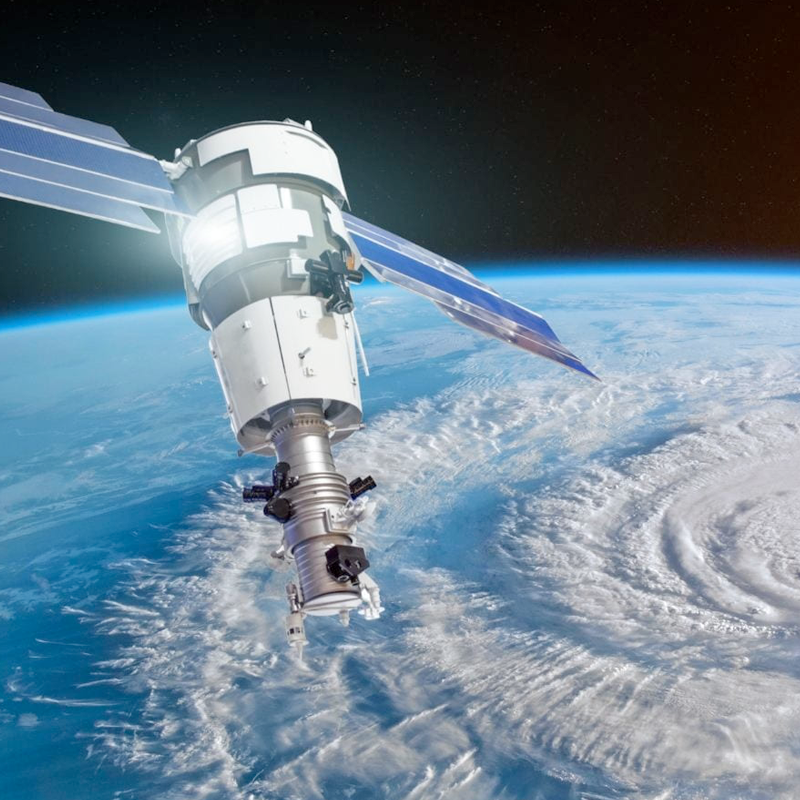
Research Overview
The Center for Space Policy and International Relations (CSPIR) examines how nations, industries, and international organizations navigate cooperation and competition in space and how those choices shape the future of exploration, security, and governance beyond Earth. Our faculty analyze the political, economic, and technological forces driving space activity to help policymakers anticipate challenges, mitigate conflict, and enable responsible, sustainable growth in the space domain.
Research Themes
Research at CSPIR spans a range of key areas, from diplomacy and security to sustainability and exploration. Within these themes, CSPIR faculty investigate how countries develop and engage in civil, commercial, and national security space activities. These themes cut across disciplines --- linking international affairs, science, engineering, and law to tackle questions at the heart of the space domain: How should space be governed? What drives competition and collaboration? And how can global actors ensure space remains accessible, safe, and sustainable for future generations?
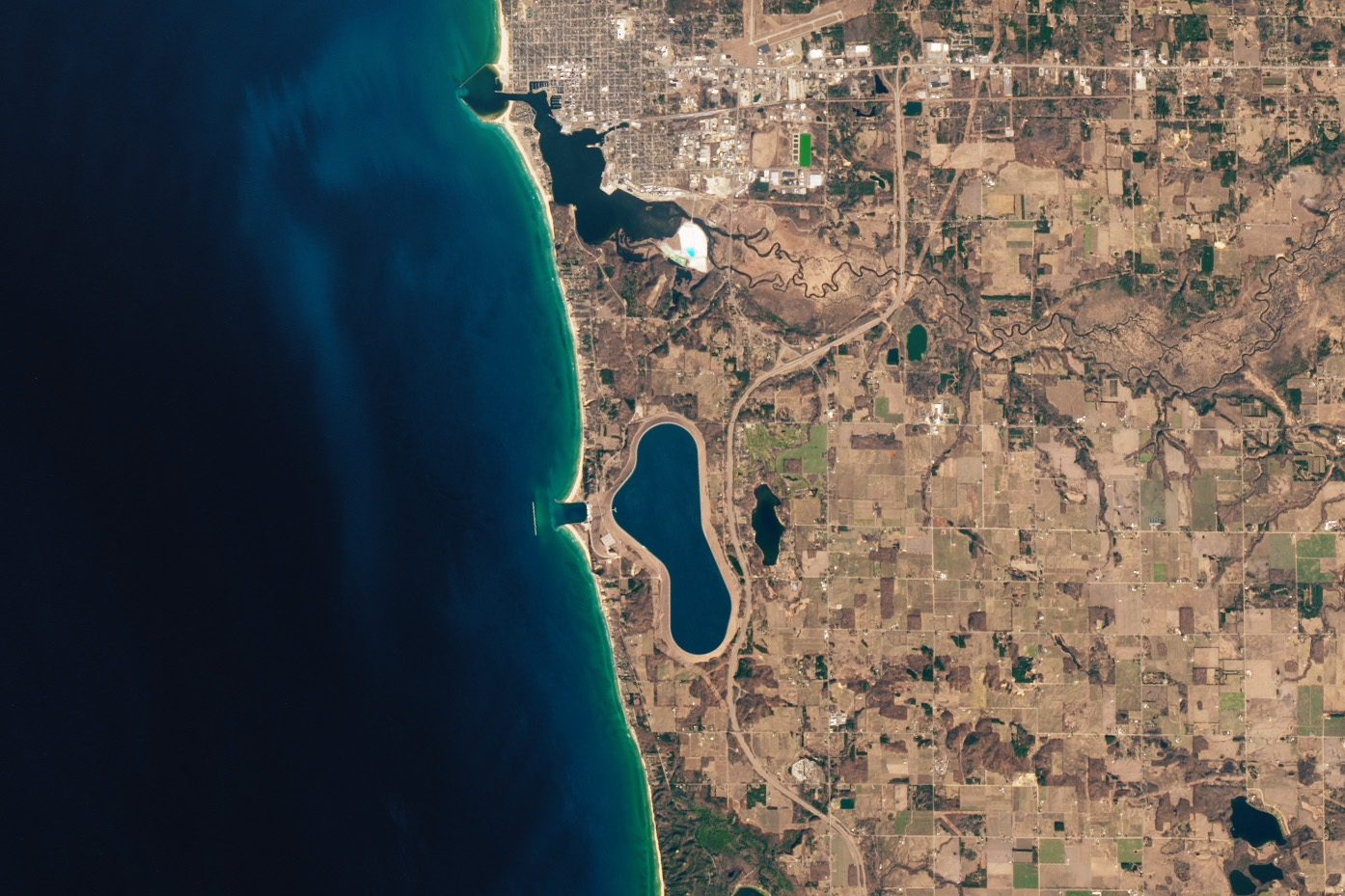
International Cooperation in Earth Observation and Remote Sensing
Satellites have a unique ability to monitor all areas of the globe, collecting information in a uniform way with no impact from political boundaries on the Earth. Satellites are able to collect comprehensive information about remote areas, including the oceans and the poles, that is difficult or impossible to collect using other methods. Remote sensing information is critical for the study of Earth’s environment. It has also proven to be critical for strategic and tactical national security purposes. The growing commercial remote sensing sector has demonstrated that this data has commercial value. Faculty study how countries impact the development of this technology through policy, regulation, and international cooperation.

Space Programs in Asia
Due to declining launch costs and the proliferation of space technologies, a growing number of countries across the world can access the space domain. Countries in Asia are increasing their capabilities in the space domain, narrowing the gap with the United States, and even surpassing the United States in some areas. To avoid misperceptions and mirror-imaging, it is important to gain insights into countries outside the United States to understand and approach space policy. To approach these questions, faculty draw upon regional and area expertise to make sense of space policy in other regions of the world.
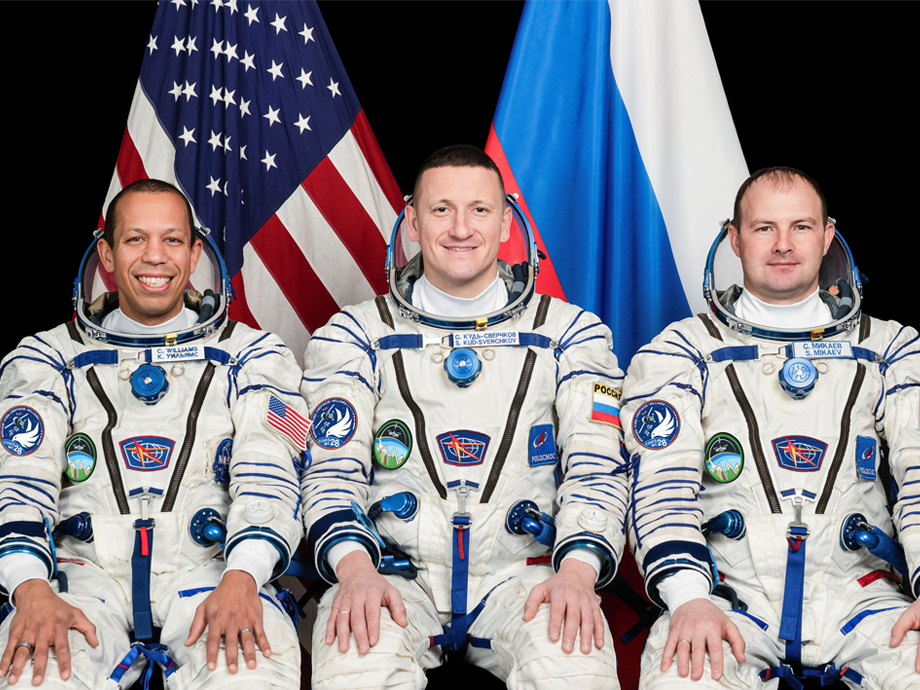
Space in the Middle East and North Africa
Multiple countries in the Middle East are rapidly increasing their space programs. How do these different space powers understand and approach space policy? What are their interests? How do different national identities or strategic cultures influence how these countries understand their interests? How do their domestic politics shape their approach to space policy? These questions have important implications for space security, diplomacy, governance, and sustainability.
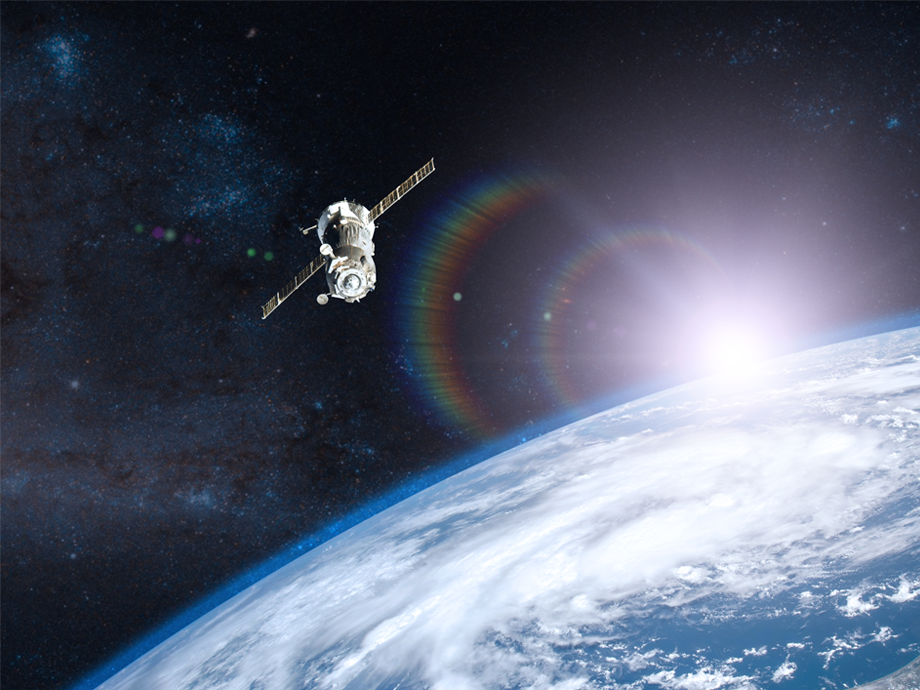
Space Diplomacy
How and why do countries engage in space diplomacy? How do countries and non-state actors come together to solve shared challenges in the space domain, such as the risk of space debris? How do countries leverage the strengths of many nations to achieve technological feats, such as the development and operation of the International Space Station? How can international cooperation or competition in space be used to improve relations among nations and achieve broader geopolitical goals? Space Diplomacy explores these issues, looking at the ways and reasons that nations engage in international diplomacy related to space.

Space Exploration and Geopolitics
The Space Race was driven by the geopolitics of the Cold War era. The two superpowers of the era used developments in their human space programs to demonstrate the superiority of their technical and political systems. Today, space exploration – both human and robotic – continues to have important geopolitical implications, as new technological developments generate soft power and prestige, and changing patterns of international cooperation and competition on space exploration impact international relations. Current efforts by many countries and companies to explore the Moon are considered by many to be part of a second space race, with significant geopolitical implications.

Space Governance
The Outer Space Treaty (1967) stated that space is free for exploration and use by all nations, and that space is not subject to national appropriation. This means that management of the space domain requires international cooperation. Faculty in the Center for Space Policy and International Relations examine existing international regimes for space and their evolution, as well as the potential for new regimes to address emerging challenges in the space domain.
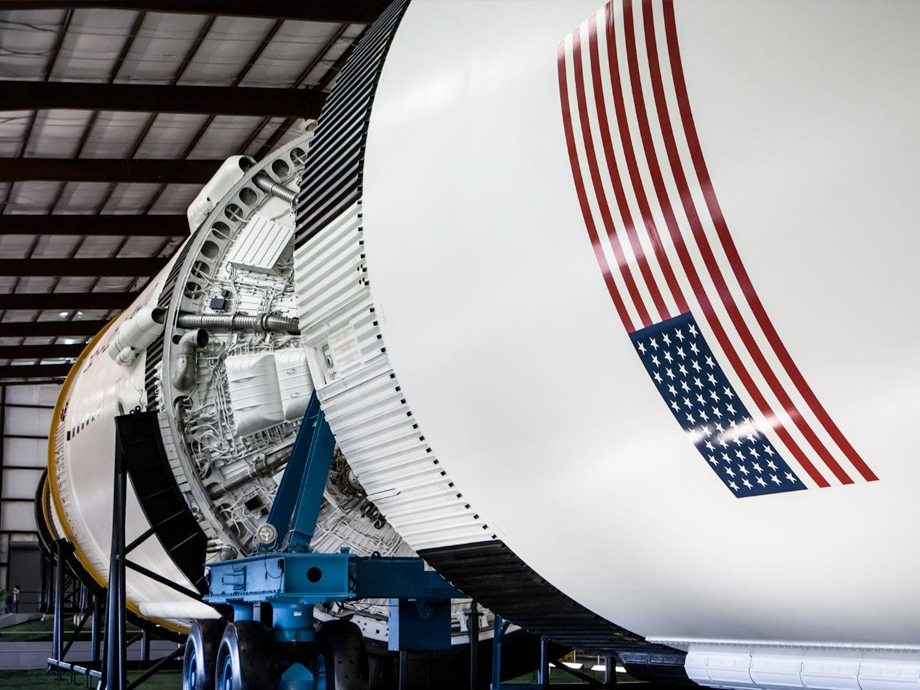
Space Security
When the United States re-established the Space Command in 2020, it emphasized that space is a warfighting domain, similar to land, air, and sea. Indeed, space assets have become increasingly valuable for national security purposes, and the development and testing of anti-space weapons continues to advance. Faculty in the Center for Space Policy and International Relations examine strategic risks in the space domain, including whether and how a conflict may begin or extend into outer space. They also study how to deter such attacks and prevent conflict in this domain.
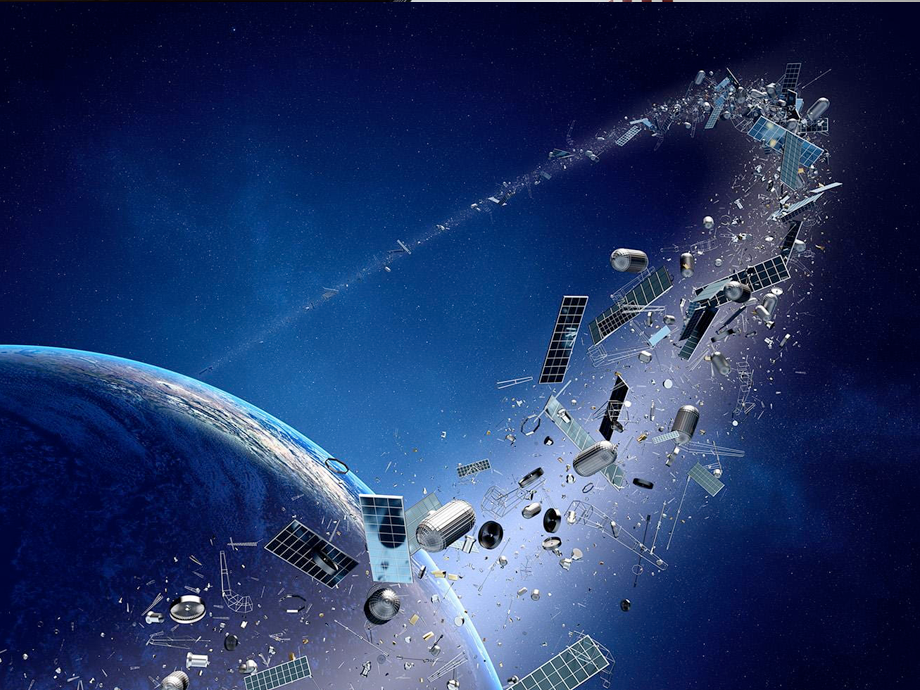
Space Sustainability
The number of objects in space – both operational spacecraft and debris – has increased dramatically since the beginning of the space age, creating threats to safe operations in Earth’s orbit and the long-term sustainability of the space environment. However, because space is not owned by any one nation, addressing this challenge requires that nations coordinate and work together. Faculty in the Center for Space Policy and International Relations undertake research to better understand the challenges of space sustainability and identify approaches to address these challenges through international cooperation on Space Traffic Management (STC), space debris mitigation, and other issues.

Astrobiology and Geopolitics of Extraterrestrial Life
This project explores the geopolitical implications of the discovery of microbial life beyond the Earth. Drawing lessons from past and present competitive and cooperative ventures, we establish an analytical framework that is then used to assess scenarios of different international political and governance responses to the discovery of extraterrestrial life. Our approach combines historical insights with scenario-based analysis, enabling a more comprehensive view of how these discoveries might influence global politics. By doing this, the project highlights the possible shifts in cooperation, conflict, and overall dynamics in the international sphere.